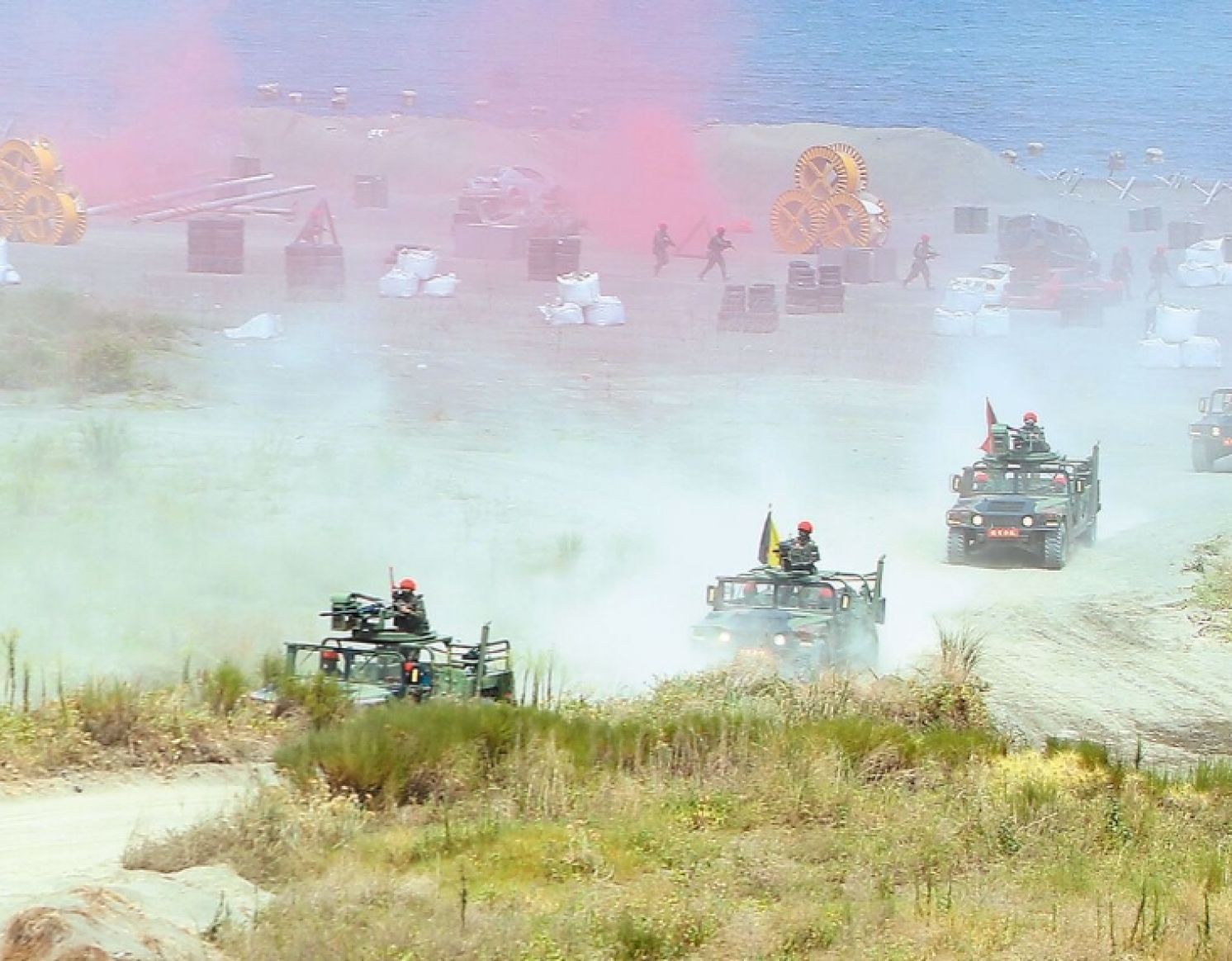
This Week in Taiwan 0219-0225
February 19: The eight major commercial and industry groups met with President Tsai Ing-wen on February 18 and made suggestions. Chairman Miao Fung-chiang of the Chinese National Federation of Industries (CNFI) stated that Taiwan should establish a central economic strategy, pay attention to mainland China's changing position in the global economy, and re-evaluate cross-strait economic and trade policies. Chairman Wu Tung-liang of the Chinese National Association of Industry and Commerce (CNAIC) suggested that Taiwan consider postponing the retirement of nuclear energy. Otherwise, if Taiwan were to rely on more imports, then the cost of power generation will only increase, and electricity prices would definitely go up.
February 21: The United States and Taiwan held a senior-level national security dialogue at the headquarters of the American Institute in Taiwan (AIT) located in Arlington, Virginia. The closed-door meeting lasted for seven hours. For the first time, the media captured images of officials from the United States and Taiwan entering and leaving. Secretary-General Wellington Koo of the National Security Council and Minister of Foreign Affairs Joseph Wu waved to the media more openly. Deputy Secretary-General Huang Chung-yen of the Office of the President was also among the delegation. Whether his attendance hints a potential trip by President Tsai Ing-wen to the United States has garnered attention.
February 22: Commodity prices continue to rise. The Directorate-General of Budget, Accounting and Statistics (DGBAS), Executive Yuan, has revised up the annual growth rate of the consumer price index (CPI) this year from 1.86 percent to 2.16 percent, meaning that inflation is not over yet. On the other hand, the DGBAS revised down the economic growth rate from 2.75 percent to 2.12 percent, barely maintaining 2 percent, the lowest in eight years.
February 22: The database of Breeze, a popular shopping mall group in Taiwan, was hacked, and the personal information of 900,000 members, invoices, orders, and supplier information were compromised and put on hacker forums for sale. Breeze stated that after receiving a blackmail letter, it called the police and reported the incident to the Ministry of Digital Affairs (MODA). According to MODA, the IP address is outside of Taiwan and may be difficult to trace, so it can only ask the company to improve its information security protection. A number of Taiwanese companies have been hacked recently. The personal information of 400,000 people for iRent was just leaked last month.
February 23: The Democratic Progressive Party (DPP) administration confirmed that U.S. Representative Mike Gallagher, chairman of the newly established House China Committee, paid a secret visit to Taiwan from February 17 to February 20, during which he met with President Tsai Ing-wen. According to the Washington Post, Mr. Gallagher revealed that Speaker Kevin McCarthy may visit Taiwan after the presidential and legislative elections held in early 2024. Mr. Gallagher also plans to hold a Congressional hearing in Taiwan by this summer and report to Mr. McCarthy to provide more information for his visit.
February 23: After the Legislative Yuan passed post-pandemic special regulations to strengthen economic and social resilience, the Executive Yuan on February 23 passed a post-pandemic special budget of NT$141.7 billion (about US$4.6 billion) for a universal rebate of NT$6,000 (about US$195) per person.
February 23: Considering the recent stabilization of the stock market, the Financial Supervisory Commission (FSC) announced the exit of the "conditional ban on short selling," as well as three other stabilization measures for the stock market. The FSC has issued a ban on short selling five times in history. The most recent lasted for four months and was the longest ever.
February 23: The Wall Street Journal reported that the United States plans to send 100 to 200 troops to Taiwan in the next few months to strengthen its military training program and improve its defense capabilities against threats from mainland China. This is the largest deployment of American troops in Taiwan in decades. A year ago, about 30 military advisors were stationed in Taiwan.